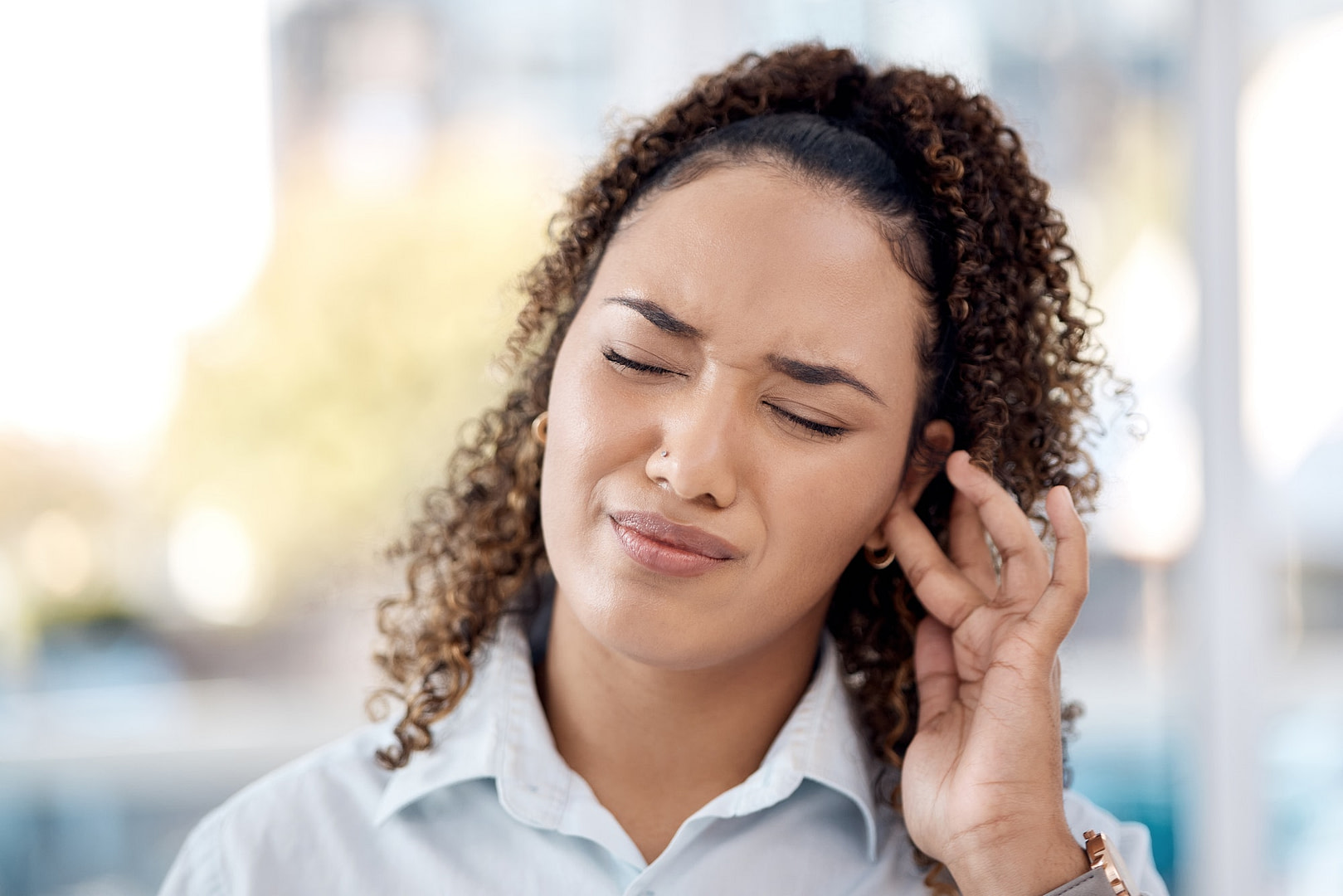- (310) 849 7991
- Info@HouseCallDoctorLA.com
- Available 24/7
Ear infections are the second most common reason children visit the doctor, but adults frequently find themselves seeking urgent care for the very same problem. They’re painful and darned unpleasant at any age. Below we answer some of the questions people many have about this nasty, though highly treatable, affliction.

Ear infections typically begin with the congestion caused by such everyday health issues as colds, flus, and allergies. Bacteria and viruses may then travel to the middle ear through Eustachian tube, which connects the ear to the respiratory tract.
Pretty much everyone is vulnerable. However, children are more likely to get them because their ears and respiratory system is smaller and more vulnerable. Also, children haven’t had the chance to develop as much immunity as adults. Even so, adults can get them and, in some ways, their infections can be worse.
By the way, it’s important to point out that we’re talking mostly about middle-ear and inner-ear infections. Outer ear infections are more in the nature of a painful rash on the outer ear and are relatively easy to treat.
Pretty much any type of recurring or persistent ear pain can be a sign of an infection. Also, discharge, often accompanied by pain, is not surprisingly, a strong sign that not all is well. A relatively sudden hearing loss is also often related to an infection
There are other less obvious symptoms experienced by adults and children, including nausea, vomiting, dizziness, and fever. If the temperature is higher than 100 degrees, a more serious issue, such as meningitis, is possible. In these cases you should contact a doctor right away. The matter is obviously even more urgent if the sufferer is a young child. A stiff neck can also be a sign of an emergent situation requiring immediate attention. There other signs for parents to look out for. These include crying or unexplained changes in behavior and persistent tugging or touching of the ear
Even if you’ve never had an ear infection, you’ve probably been examined with an autoscope many times. This familiar medical device combining a light and powerful magnifying lens is the primary tool used to examine the ears for signs of an infection. Sometimes hearing tests are also employed. Once the doctor has seen that an infection is present, tests may be needed to find out whether the infection is bacterial or viral in nature.
If the infection is believed to be bacterial, then antibiotics are a major part of the standard treatment, which are ingested in most cases but which can also be applied topically. As with all antibiotic treatments, it’s important that patients complete the entire prescriptions, even if they feel better.
Since viruses do not respond to antibiotics, they are not to be prescribed for viral infections. While the temptation might be to ask the doctor to prescribe antibiotics anyway, the truth is that taking unneeded antibiotics can do an enormous amount of harm. Not only are you subjecting your system to a strong drug for no good reason, there is a real risk of contributing to the creation of antibiotic resistant strains of bacteria, endangering every single one of us. In these cases, the best and only prescription is the same as for dealing with most viral illnesses: rest and plenty of liquids.
For dealing with pain, analgesics such as ibuprofen are typically suggested. (Aspirin should never be given to children because of concerns about a rare but potentially deadly illness called Reye’s syndrome. Adult patients, however, may take it if they wish.) Medications that help cold and allergy symptoms such as antihistamines can also be very useful. Warm compresses can also be helpful for dealing with pain and gargling with salt water may also be a good ideas. Obviously sufferers should do everything possible to avoid secondhand smoke. Regular smokers, of course, should stop smoking.
In more serious cases involving repeated infections and complications, a procedure known as a myringotomy may be employed to remove excess fluids in order to alleviate symptoms and prevent recurrences.
While there is probably no completely effective way to prevent these unpleasant infections, there are a number of common sense measures that can significantly reduce the chances of contracting illnesses that lead to ear infections.
Making sure that adults and children are fully immunized, including annual flu shots, is obviously very important. Smokers who may be prone to ear infections have one more excellent reason to quit now. Of course, parents who smoke should also quit but, failing that, they should be very careful never to smoke inside the house or anywhere near their children, as even traces of smoke can increase the odds of ear infections. Finally, parents should also be aware that there is some evidence that breastfed babies are less prone to these types of infections.
In most cases, an urgent care doctor visit is called for. However, it might be a good idea to consider house call medicine for your ear infection. Convenience aside, there are a great many benefits to obtaining care at home or wherever else you happen to be. Dr. Michael Farzam and House Call Doctor Los Angeles are here to provide the caring treatment that takes time to look more closely at all kinds of medical issues.
To get started, contact us today by calling us at the phone number above through our click to call feature. You can also reach out via e-mail through our contact page.
Doctor is usually at your location in one hour or less. Call for an appointment.
